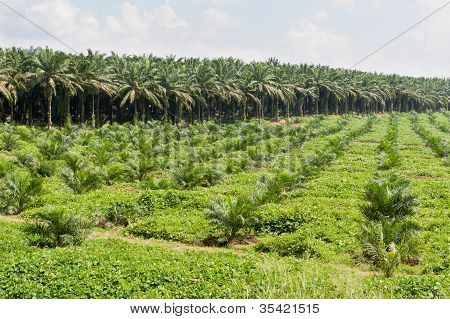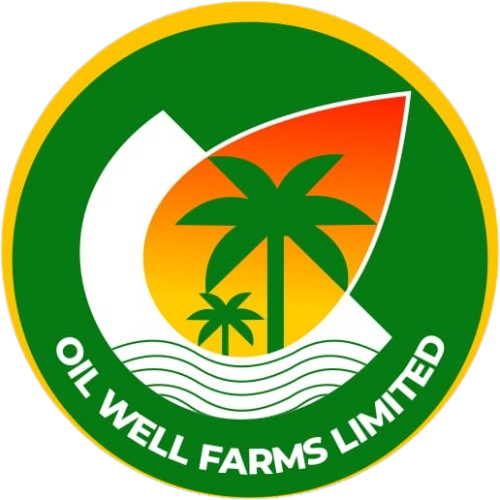
Sustainable Agriculture: Why Organic Farming is the Key to a Healthier Future
As the global population continues to grow, the need for sustainable agricultural practices has never been more critical. Conventional farming methods often rely on chemical fertilizers, pesticides, and intensive farming techniques that can harm the environment, deplete soil nutrients, and pose health risks. Organic farming, on the other hand, promotes a sustainable approach to agriculture that prioritizes soil health, biodiversity, and natural resource conservation, making it the key to a healthier future.
1. Healthier Food, Healthier People
Organic farming eliminates the use of synthetic pesticides and chemical fertilizers, ensuring that crops are grown naturally without harmful residues. As a result, organic produce is richer in essential nutrients, free from harmful toxins, and safer for human consumption.
2. Environmental Conservation
Sustainable agriculture practices such as crop rotation, composting, and natural pest control help protect ecosystems and maintain soil fertility. By reducing chemical runoff and preserving water quality, organic farming minimizes environmental degradation and promotes biodiversity.How do we tackle the water crisis?
Sustainable agriculture is the future of food production, and organic farming is at the heart of this movement. By prioritizing environmental stewardship, soil health, and human well-being, organic farming ensures a sustainable and healthier future for generations to come.
All Categories
Recent Posts
Consultation & Support: Expert Guidance for a Profitable Investment
Land Ownership & Farm Management: Secure Your Future with Hassle-Free Farming
Flexible Investment Packages: Scale Your Wealth with Oil Palm Farming
+0123 (456) 7899
contact@example.com
